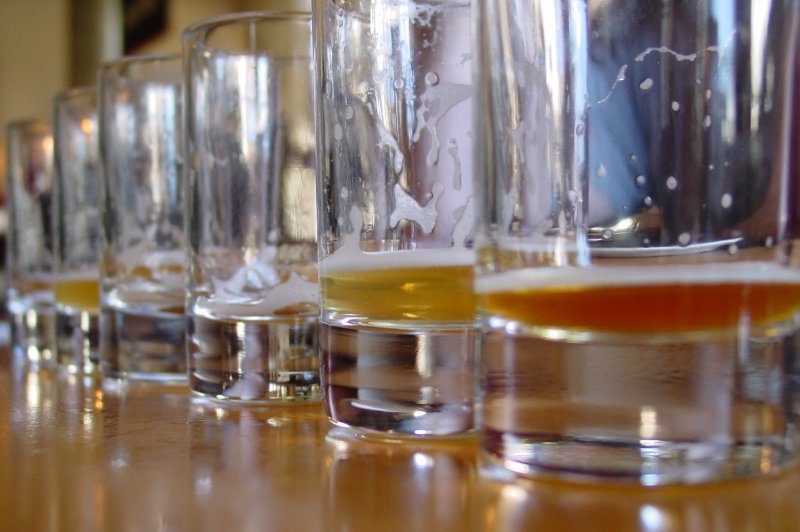
July 13 (UPI) — Roughly 4% of newly diagnosed cancers globally last year may have been linked with alcohol use, with men accounting for most of these cases, a study published in The Lancet Oncology found.
Of alcohol-related cancer cases, men made up 77%, the data showed.
Cancers of the esophagus, liver and breast accounted for the largest number of alcohol-related cases, according to the researchers.
Of the 18.5 million cancers diagnosed in 2020, an estimated 6.3 million cases of mouth, throat, voice box, esophageal, colon, rectum, liver and breast cancers were reported.
These cancers have well-established causal links to alcohol consumption, the researchers said.
“We urgently need to raise awareness about the link between alcohol consumption and cancer risk among policy makers and the general public,” study co-author Harriet Rumgay said in a press release.
“Public health strategies, such as reduced alcohol availability, labeling alcohol products with a health warning and marketing bans could reduce rates of alcohol-driven cancer,” said Rumgay, a researcher with the World Health Organization’s International Agency for Research on Cancer in France.
Alcohol consumption has been shown to cause DNA damage through increased production of harmful chemicals in the body, affecting hormone production, which can contribute to cancer development, previous research suggests.
Consuming alcohol also can exacerbate the cancer-causing effects of other substances, including tobacco, according to Rumgay and her colleagues.
For this study, the researchers estimated levels of alcohol intake per person per country for 2010 — based on data on alcohol production and tax and sales, as well as from surveys of alcohol intake — to allow for the time it takes for alcohol intake to affect possible cancer development.
They then combined these estimates with those for new cancer cases in 2020, focusing on the disease types with the strongest evidence of a causal link to alcohol consumption.
Moderate alcoholic consumption was defined as intake of drinks containing up to 0.7 ounces of alcohol, or about two alcoholic beverages, per day.
Consumption of beverages containing up to 2.1 ounces of alcohol, or between two and six alcoholic drinks per day, was considered risky drinking, while heavy drinking was described as intake of six or more alcoholic drinks daily.
Globally, an estimated 741,300 of the 18.5 million new cases of cancer in 2020 were associated with alcohol consumption, the data showed.
This included 189,700 cases of cancers of the esophagus, 154,700 cases of liver cancer and 98,300 cases of breast cancer.
Risky drinking and heavy drinking caused an estimated 39% and 47% of the new cancer cases, respectively.
Eastern Asia and Central and Eastern Europe had the highest regional proportions of cancer cases associated with alcohol use, at 6%, according to the researchers.
At 3%, the United States had among the highest percentage of cancer cases linked with alcohol last year, they said.
“There is a decrease in alcohol consumption per person in many European countries, [though] there is evidence that the COVID-19 pandemic has increased rates of drinking in some countries,” Rumgay said.
“Our study highlights the contribution of even relatively low levels of drinking to rates of cancer, which is concerning, but also suggests that small changes to public drinking behavior could positively impact future cancer rates,” she said.